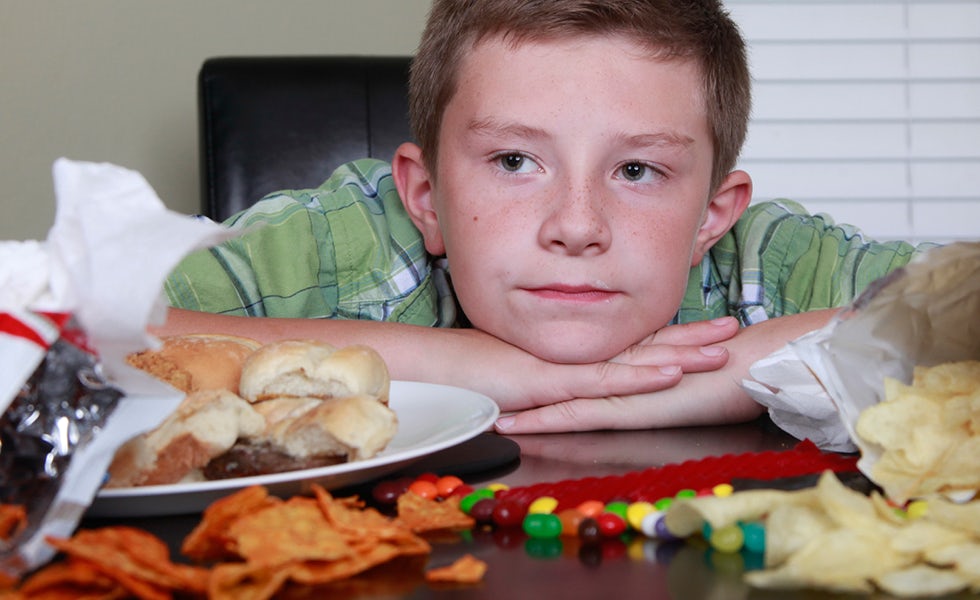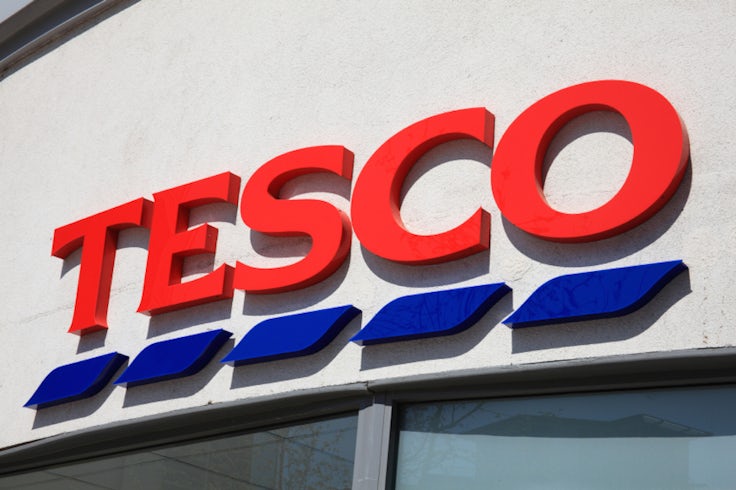How Tesco, Mondelez and Unilever are moving beyond advertising to connect with consumers
With chief executives and senior figures from the likes of Tesco, Unilever, Mondelez, Morrisons and Sainsbury’s all speaking, here are Marketing Week’s five key takeaways from today’s (October 6) The Big Debate event from the IGD.
Brands must have a social purpose
It’s no longer enough to simply rely on a 30 second TV ad, according to Jan Zijderveld, European president of Unilever, as marketers must aspire to achieve even greater brand purpose.
He said that a climate of too many promotions and lower media spend had “destroyed £10bn worth of value from the UK FMCG market over the last 12 months.”
By creating a social purpose for a brand, he says sales growth is achievable regardless of the macro economical pressures that are currently affecting Europe.
“We need to go back to basics and build great brands again, and that requires a lot more work than just throwing out a 30 second commercial,” he explained.
“Consumers want brands that mean something and since we’ve made Ben & Jerry’s more sustainable it has grown two times faster than our other brands.”

Zijderveld also believes brands are too hesitant in creating new categories or retail experiences.
“We have to reinvest in quality because as an industry we’ve shaved it off due to price pressures. In the UK 30% of FMCG products were running on promotion in 2006, that grew to 40% in 2014; the UK market is the champion of discounting and cutting ad spend,” he claimed.
And citing Unilever’s decision to launch a small €1 Cornetto aimed at the discount sector in Spain, he added: “We need to learn how to become proper marketers again as the FMCG industry seems to be too scared to try anything new with its brands.”
The health agenda
Asda CEO and IGD president Andy Clarke revealed the launch of a new three-point programme to combat falling public health standards in the UK market.
With a 30-strong group of CEOs from the biggest food and drink brands – including Coca-Cola, Sainsbury’s, Unilever and Tesco – the programme will focus on improving national health through reformulationm educating young people to use on pack nutritional information, and encouraging work staff to eat more healthily.
“We must focus on lowering childhood obesity and sugar levels, but it is even deeper than that,” Clarke said. “It’s about thinking about the total level of calories too.

“We’ve taken 3 billion out of products but it isn’t enough. With 3 million people working in this industry, I want supermarket staff to eat better. That could have a huge knock-on effect as that’s 5% of the population.”
Mary Barnard, president for Northern Europe at Mondelez, which controls the Cadbury brand, said it was taking a sustainable approach to health fuelled by behavioral science.
Highlighting the growth of snacking among UK consumers – who Barnard said now snack on average three times a day – she said Mondelez was deploying nudges on packaging to push people into sustainable snacking.
“We’ve been around for 100 years but if we are to make another 100 then we must tackle obesity,” she said. “Behavioral science is very interesting for us in achieving that.”
By the end of the year Mondelez will take all of its confectionary, such as Cadbury chocolate bars, down to 250 calories or less, while 50% of the new products in its pipeline are in the ‘health and well-being’ category according to Barnard.
She added: “An on-pack nudge is about playing on external and internal triggers. It is a great way way to provide information and education on how snacking hits energy levels and to ultimately create mindful snacking.”
Doom and gloom from Tesco
In the keynote speech, Tesco boss Dave Lewis used the occasion to announce that the supermarket giant will improve its payment terms to agency suppliers from 45 to 14 days.
However, in a frank presentation, he admitted the supermarket is now paying for placing profitability above its consumers and suppliers.
“We made bad choices and by focusing all our efforts pn sustaining that 5.2% profit margin, our colleagues suffered, our suppliers suffered, our customers suffered and our brand suffered,” he admitted. “For that I apologise.”

Lewis was also keen to point out that Tesco pays an “eye-opening” amount on business rates. “It’s the single largest tax we pay and we’re paying three times the average – this will create a lot of challenges moving forward.”
He also claimed that Tesco was already paying 93 pence more than the Living Wage Foundation’s recommended hourly rate of £7.85. “If we were to take pounds and pence per hour at Tesco and project the costs to get that up to £9 by 2020, it would cost us £500m.”
There was more doom and gloom from Lewis as he revealed that 50% of Tesco’s leases will come up for renewal over the next five years. He said deciding what to do with its property was “both a huge challenge and a huge opportunity.”
However he ended on a more positive note, concluding: “We will do the right thing for the customer every day that I sit in this job. That’s the best way to rebuild.”
Online isn’t killing stores, yet
Morrisons chairman Andy Higginson was quick to shut down claims that online and convenience stores were killing off out-of-town supermarkets.
“If you read press coverage the conventional wisdom is it is all over for the supermarkets as online and c-stores are where all the growth is,” he quipped.
“But Aldi and Lidl have neither, and they are doing just fine. Tesco is world class in both online and c-stores but it hasn’t stopped them from all their challenges.”
Higginson also doubted whether Amazon Fresh would live up to the hype. He added: ”The press say Amazon is coming but customers are funny about food and it takes a long time to build trust when it comes to quality. That trust in food isn’t instant and Amazon Fresh isn’t a guaranteed success.”

Higginson’s assessment of the health of supermarkets was backed up by Sainsbury’s CEO Mike Coupe, who added: “There is a lot of talk about the superstore being dead but over 60% of grocery shopping is still done out of town, so I don’t agree.”
He said Sainsbury’s was updating its out of town formats to “be more relevant” through refreshed layouts, use of technology to improve service speed, expanding its clothing range and exploring more third-party partnerships. “All of these things can make the superstore attractive and will be the root for their long-term success,” he explained.
Appealing to a more diverse customer
Another theme throughout the day was supermarkets and FMCG brands ensuring that they don’t lose track of more diverse customer groups.
Sainsbury’s Coupe was keen to point out that supermarkets cannot risk ignoring the elderly.
He explained: “One of the paradoxes we face is appealing to so many groups. Pushing technology is a focus, sure, but we must never lose sight of the fact that 20% of the UK population will be over 60 in two years time. They are an important segment.”
The profile of consumers is changing “dramatically” according to Unilever’s Zijderveld, who followed on a similar theme to Coupe.
“There are 25 million Muslims living in Europe, that’s one in six in London, while one in 10 Europeans will be over 80 in two years time,” he explained.
“There is also a 70% increase in multiple households due to people moving home to live with their parents. We have to work hard to ensure we get the marketing absolutely right for these growing sub groups.”







